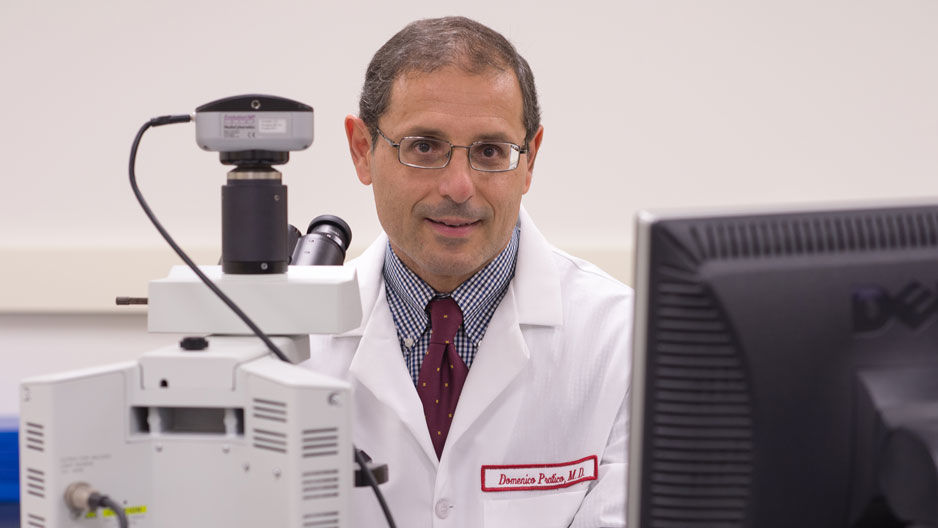Temple researchers reverse cognitive impairments in mice with dementia
The breakthrough represents a significant advancement in knowledge of potential treatments for the illness.

Reversing memory deficits and impairments in spatial learning is a major goal in the field of dementia research. A lack of knowledge about cellular pathways critical to the development of dementia, however, has stood in the way of significant clinical advance. But now, researchers at the Lewis Katz School of Medicine at Temple University (LKSOM) are breaking through that barrier. They show, for the first time in an animal model, that tau pathology—the second-most important lesion in the brain in patients with Alzheimer's disease—can be reversed by a drug.
“We show that we can intervene after disease is established and pharmacologically rescue mice that have tau-induced memory deficits,” explained senior investigator Domenico Praticò, MD, Scott Richards North Star Foundation Chair for Alzheimer’s Research, Professor in the Departments of Pharmacology and Microbiology, and Director of the Alzheimer’s Center at Temple at LKSOM. The study, published online in the journal Molecular Neurobiology, raises new hope for human patients affected by dementia.
The researchers landed on their breakthrough after discovering that inflammatory molecules known as leukotrienes are deregulated in Alzheimer's disease and related dementias. In experiments in animals, they found that the leukotriene pathway plays an especially important role in the later stages of disease.